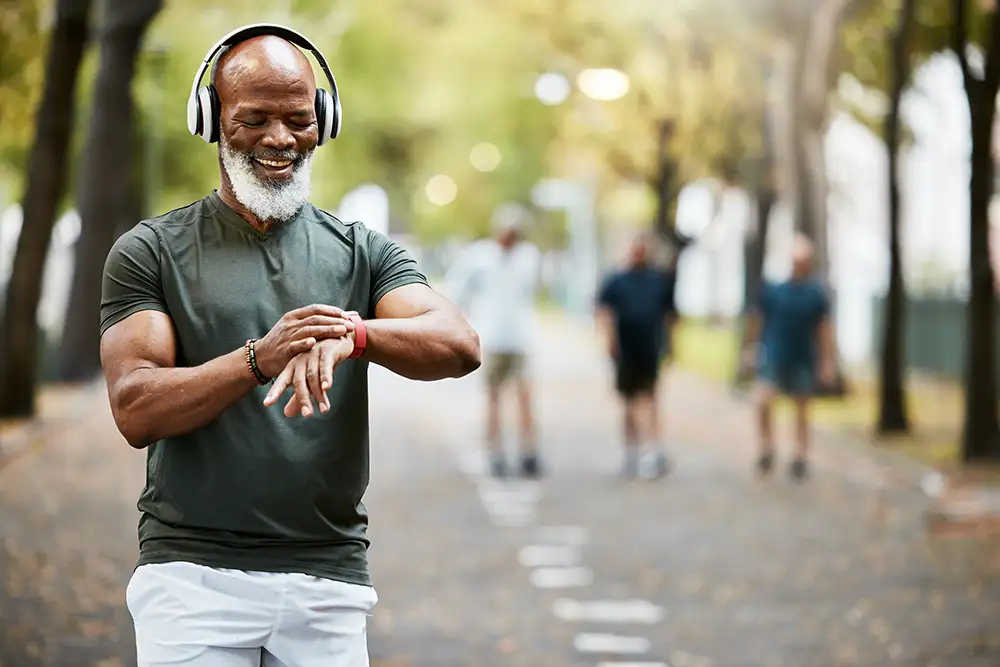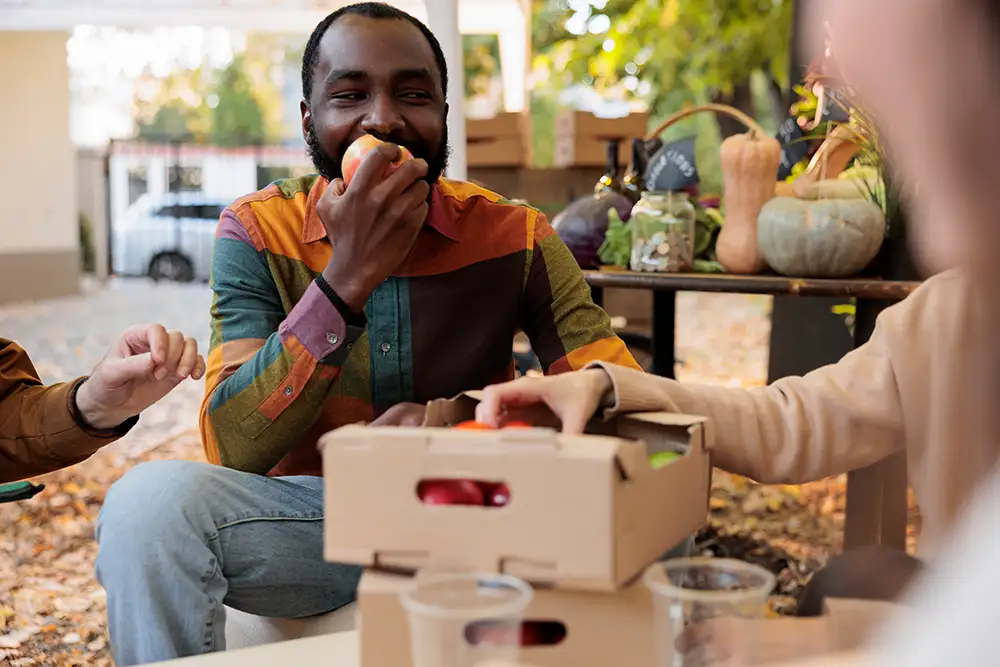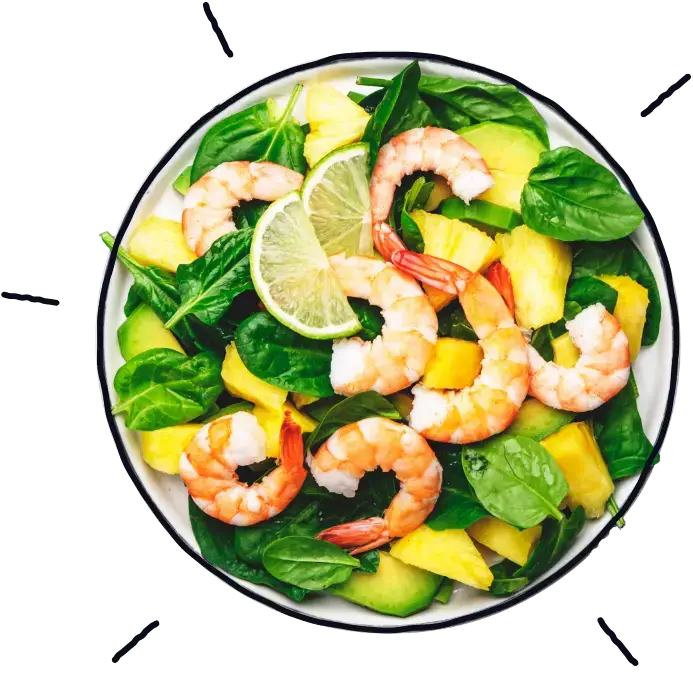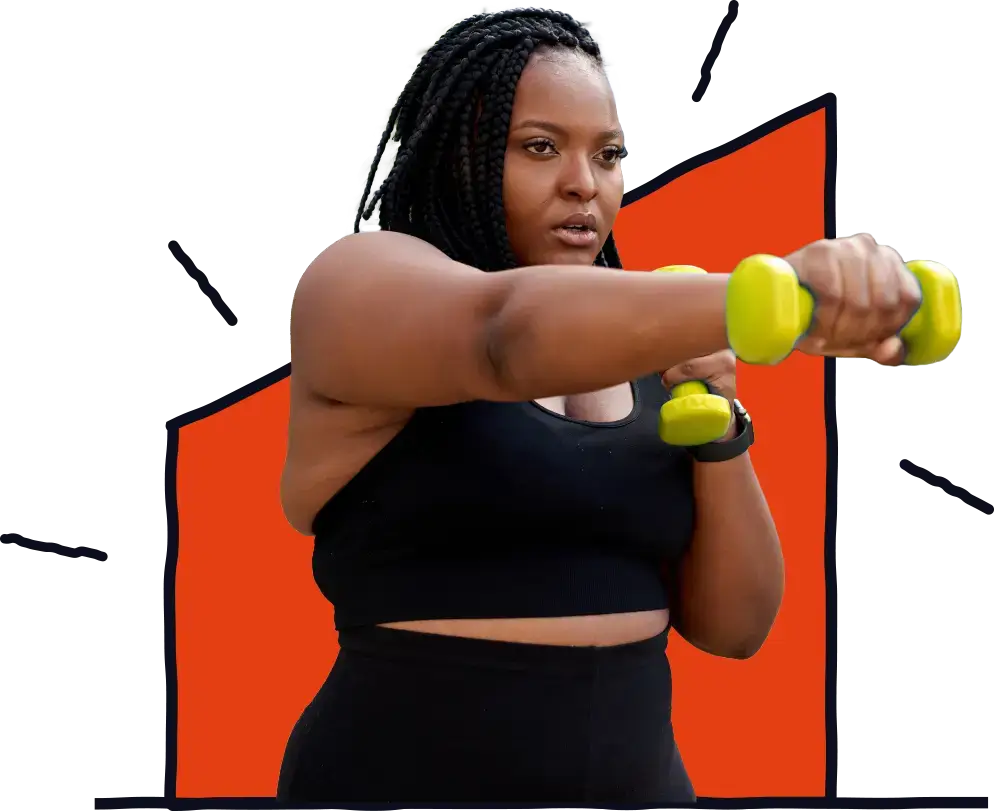Commissioners and Providers

Why is Up!Up! needed?
Overweight and obesity disproportionately affects people of African and Caribbean heritage. Addressing health inequalities among high-risk groups in combatting preventable causes of disease is a key priority for the NHS. In the UK, it is estimated that around 70% of African and Caribbean adults are living with overweight or obesity, higher than any other ethnic group. This is a significant driver of chronic health conditions such as diabetes, hypertension and osteoarthritis.

Weight management programmes provide diet and lifestyle advice to support weight loss. Weight management services need to be responsive to an individual’s lifestyle and culture to be most effective. Tier 2 services tend to provide generic advice not designed to be sensitive to minority or multicultural groups. Evidence demonstrates that these services are less successful for African and Caribbean adults, with lower uptake and retention, and less weight loss achieved.
Culturally tailored weight management interventions have resulted in greater improvements but, to date, they have only been developed in the USA. The provision of bespoke weight management services tailored to meet socio-cultural needs of patient groups point to a more cost-effective approach to improving health and tackling health inequalities.
Developed in January 2022, Up!Up! provides culturally tailored weight management advice and support, delivered either face-to-face or virtually.

Eat well
Over the years, many food traditions have been lost. We’ve been adding extra salt, extra fat and extra carbohydrates to our diet. Eating like our ancestors is a sure way to improve our health. Living Lighter is about adopting simple, good habits that will help us do just that.

Keeping Active
Diabetes is not part of our heritage. Neither is heart disease. What is in our heritage is a healthy heart, a strong body, vibrant and delicious foods, and a long, healthy life. You have the power to claim all of this through Living Lighter, the African and Caribbean way!
How to get on the course:
You can get on the course by referring yourself or getting a healthcare professional to refer you. Firstly, find a location of a course near you and choose how you would like to be referred.

